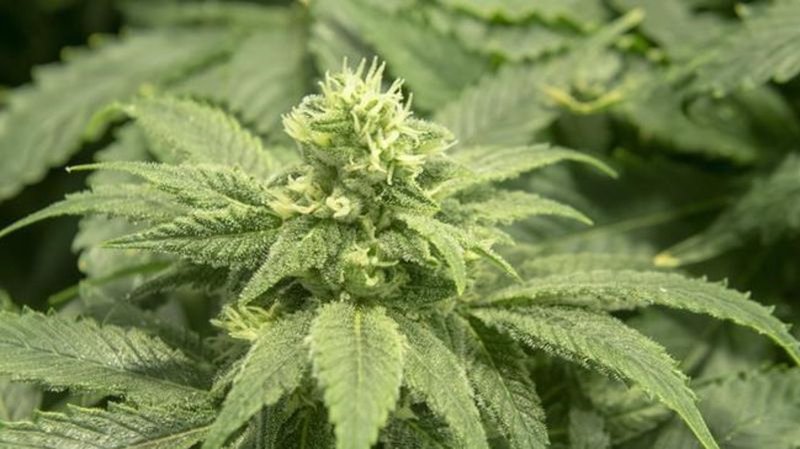
U.S. lawmakers making one last push to reform cannabis laws before November midterms
WASHINGTON — The surprise climate spending bill isn’t the only piece of marquee legislation in the U.S. Senate that’s getting a lot of Canadian attention.
U.S. lawmakers are also looking at a comprehensive effort to legalize marijuana, which the legal cannabis industry north of the border would love to see become law.
Observers aren’t holding their breath that the Cannabis Authorization and Opportunity Act, which Senate Majority Leader Chuck Schumer introduced last week, will make it that far.
But David Culver, vice-president of global government relations for Ontario-based Canopy Growth Corp., says the bill is an important milestone for other reasons.


